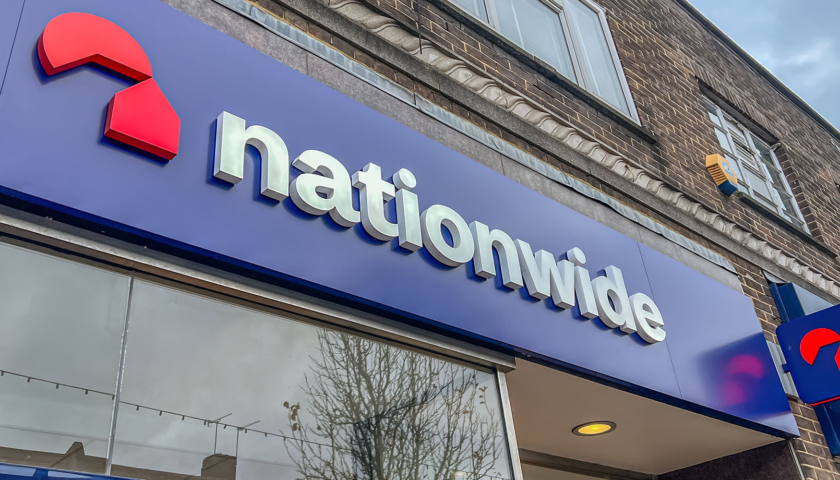Question: I’m considering buying my first property with a 100 per cent mortgage – i.e with no deposit – as there appear to be more available than previously. I know there are downsides too, particularly if your home later drops in value, so I’m wondering if it’s really a good idea.
Answer: It’s a fair question, and one more people should be asking before jumping in. The return of 100 per cent mortgages is understandably making headlines – and while they can absolutely open the door for some first-time buyers, they come with some clear risks that need to be considered.
Let’s be honest – the main concern here is negative equity. With no deposit going in, there’s no cushion if property prices fall. Even a modest drop could leave you owing more than the property is worth.
That becomes a real issue if your circumstances change and you need to sell early – for instance, due to a job move or relationship breakdown – as you could be left with a shortfall that needs repaying.
Another thing to be aware of is pricing. Historically, lenders have charged a premium on zero-deposit products – and while we are seeing more activity in this space, it’s still true that 100 per cent deals often carry higher interest rates than those with even a 5 per cent deposit. Add in a limited product range, and you may find yourself tied to a deal that’s less competitive and less flexible than other buyers can access.
That said, there are signs the market is shifting. April Mortgages recently launched a new 100 per cent range, and Gable Mortgages has just entered the space with a five-year fixed zero-deposit product – a welcome move for buyers who are struggling to save, despite having stable incomes.
These launches suggest a growing appetite from lenders to support borrowers with strong affordability but no deposit, and that’s a significant development.
More lenders entering this space could create the kind of competition that leads to better pricing, more innovation, and ultimately a wider range of choices for buyers. If the performance of these loans proves stable, it could even help drive longer-term change in lending criteria.
That’s encouraging. Especially when you consider that for many would-be buyers, the only thing holding them back is the deposit, not the ability to repay a mortgage.
If you’ve got a reliable income, a clean credit record, and a solid history of paying rent, 100 per cent products can offer a real and practical route into homeownership especially in areas where rent is equal to or higher than mortgage repayments.
Let’s be clear though these products won’t be right for everyone. They are best suited to people in stable jobs, with no plans to move in the short term, and who understand the long-term commitment they’re making. If that sounds like you, and you’ve crunched the numbers carefully, it could be a perfectly sensible route to take.
As more lenders test the water, the hope is that we’ll see better options, smarter features, and perhaps even a normalisation of no deposit lending in the years to come. The demand is clearly there and it’s only growing.
If you’re considering one, advice is key. Make sure the deal suits not just your budget, but your lifestyle and future plans. Because while 100 per cent mortgages may be gaining ground, it’s still important to go in with your eyes wide open.
Contact one of our highly experienced mortgage advisors today on 0121 500 6316 to discuss your mortgage needs.



